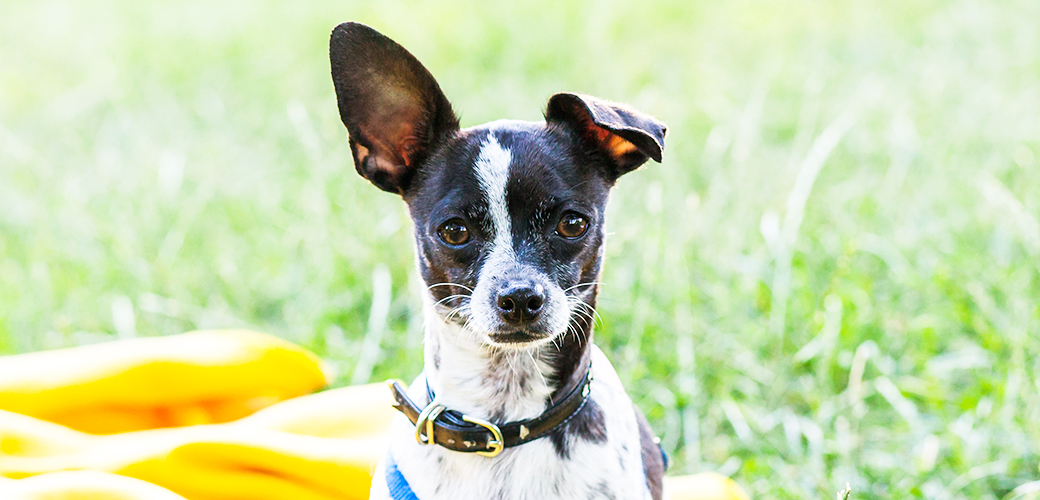Hot Weather Safety Tips from the ASPCA
Dr. Don DeForge
Milford Veterinary Hospital at Silver Sands
17 Seemans Lane
Milford, CT 06460
203-877-3221
E-Mail DoctorDeForge@yahoo.com
NEW! House Calls for Pets
NEW! Free Vaccines for Life
To find out more go to our Website www.SilverSandsVeterinary.com
Dr. DeForge wants to share very important Hot Weather Safety Tips from the ASPCA!
Please take a moment and read these important points of safety carefully!
Hot Weather Safety Tips

We all love spending the long, sunny days of summer outdoors with our furry companions, but being overeager in hot weather can spell danger. To prevent your pet from overheating, take these simple precautions provided by ASPCA experts:
- Visit the vet for a spring or early-summer checkup. Make sure your pets get tested for heartworm if they aren’t on year-round preventative medication.
- Pets can get dehydrated quickly, so give them plenty of fresh, clean water when it’s hot or humid outdoors. Make sure your pets have a shady place to get out of the sun, be careful not to over-exercise them, and keep them indoors when it’s extremely hot.
- Know the symptoms of overheating in pets, which include excessive panting or difficulty breathing, increased heart and respiratory rate, drooling, mild weakness, stupor or even collapse. Symptoms can also include seizures, bloody diarrhea and vomit along with an elevated body temperature of over 104 degrees.
- Animals with flat faces, like Pugs and Persian cats, are more susceptible to heat stroke since they cannot pant as effectively. These pets, along with the elderly, the overweight, and those with heart or lung diseases, should be kept cool in air-conditioned rooms as much as possible.
- Never leave your animals alone in a parked vehicle. Not only can it lead to fatal heat stroke, it is illegal in several states!
- Do not leave pets unsupervised around a pool—not all dogs are good swimmers. Introduce your pets to water gradually and make sure they wear flotation devices when on boats. Rinse your dog off after swimming to remove chlorine or salt from his fur, and try to keep your dog from drinking pool water, which contains chlorine and other chemicals.
- Open unscreened windows pose a real danger to pets, who often fall out of them. Keep all unscreened windows or doors in your home closed, and make sure adjustable screens are tightly secured.
- Feel free to trim longer hair on your dog, but never shave your dog: The layers of dogs’ coats protect them from overheating and sunburn. Brushing cats more often than usual can prevent problems caused by excessive heat. And be sure that any sunscreen or insect repellent product you use on your pets is labeled specifically for use on animals.
- When the temperature is very high, don’t let your dog linger on hot asphalt. Being so close to the ground, your pooch’s body can heat up quickly, and sensitive paw pads can burn. Keep walks during these times to a minimum.
- Commonly used rodenticides and lawn and garden insecticides can be harmful to cats and dogs if ingested, so keep them out of reach. Keep citronella candles, tiki torch products and insect coils of out pets’ reach as well. Call your veterinarian or the ASPCA Animal Poison Control Centerat (888) 426-4435 if you suspect your animal has ingested a poisonous substance.
- Remember that food and drink commonly found at barbeques can be poisonous to pets. Keep alcoholic beverages away from pets, as they can cause intoxication, depression and comas. Similarly, remember that the snacks enjoyed by your human friends should not be a treat for your pet; any change of diet, even for one meal, may give your dog or cat severe digestive ailments. Avoid raisins, grapes, onions, chocolate and products with the sweetener xylitol. Please visit our People Foods to Avoid Feeding Your Pets page for more information.
- Please leave pets at home when you head out to Fourth of July celebrations, and never use fireworks around pets. Exposure to lit fireworks can potentially result in severe burns or trauma, and even unused fireworks can contain hazardous materials. Many pets are also fearful of loud noises and can become lost, scared or disoriented, so it’s best to keep your little guys safe from the noise in a quiet, sheltered and escape-proof area of your home. Be prepared in the event that your pet does escape by downloading the ASPCA Mobile App. You’ll receive a personalized missing pet recovery kit, including step-by-step instructions on how to search for a lost animal in a variety of circumstances.


Comments
Post a Comment